The Real Wake-Up Call
Let me give it to you straight: those late-night bathroom sprints? The ones that leave you bleary-eyed and kind of annoyed at the universe? Yeah, they’re not just “getting older.” They’re one of the very first hints from your body that your prostate might need a little TLC. No one warns you about this part of aging. One year you’re sleeping like a champ; next, you’re plotting your escape from the bed without waking your partner… again.
I’ve seen friends go from brushed-off jokes—”Guess I’m just getting old, huh?”—to pure frustration. (Honestly, who wants to schedule their drives around rest stops?) And if you leave it alone, hoping it’ll just fix itself? Things get even messier… weaker stream, urgency, that weird feeling your bladder’s never actually empty. Trust me, you’re not alone. But you don’t just have to grit your teeth and suffer.

Why This Even Happens
Ever find yourself thinking, “But I never had this problem before”? Kind of like your body’s making the rules up as you go… Truth is, by the time you hit fifty, your odds of an enlarged prostate (or in fancy talk, BPH—benign prostatic hyperplasia) go way up. No shame, it’s biology. Hormones change, a little inflammation creeps in, and suddenly your once-easy bathroom habits are on the struggle bus.
The crazy part? This trouble can sneak up even if you feel healthy otherwise. Inflammation and stress love to mess with the prostate, and poor food choices don’t help. I know a guy (let’s call him Mark) who was the fittest guy at the pickleball court—until his nights turned into a weird relay race between his bed and the bathroom. It was his body’s way of screaming “feed me better foods!” before things got out of hand.
What Actually Triggers Prostate Swell?
A couple suspects here: it’s a mix of age, hormones (specifically DHT, if you want the nitty gritty), and that sneaky culprit—chronic low-level inflammation. Science points its finger at modern diets and stress. So if you’re eating more chips than fresh veggies (no judgment, we’ve all been there), your prostate’s just playing defense. And by the way, if garlic isn’t making regular appearances in your meals, you might be missing out on a natural defender against that prostate swell. More on that in a sec…
Garlic: Not Just for Vampires
I know, I know… garlic? It’s probably hiding in your fridge right now. But here’s where food gets to act like a little superhero. Studies (like this one from PubMed’s research on garlic and BPH) show garlic’s got an anti-inflammatory punch, thanks to some compounds called allicin. Picture them as little bouncers, working to keep swelling and irritation at bay inside your body.
In fact, some reports share that men with BPH often eat less garlic and onions than men without prostate problems—kind of an “aha” moment. Turn up the garlic, and you might be tipping the balance in your favor. Even one clove a day might make a difference. It’s a simple, natural tweak… though, warning: your breath might scare away more than just vampires (ask my wife who refuses to kiss me after a garlicky dinner… love you, honey!).
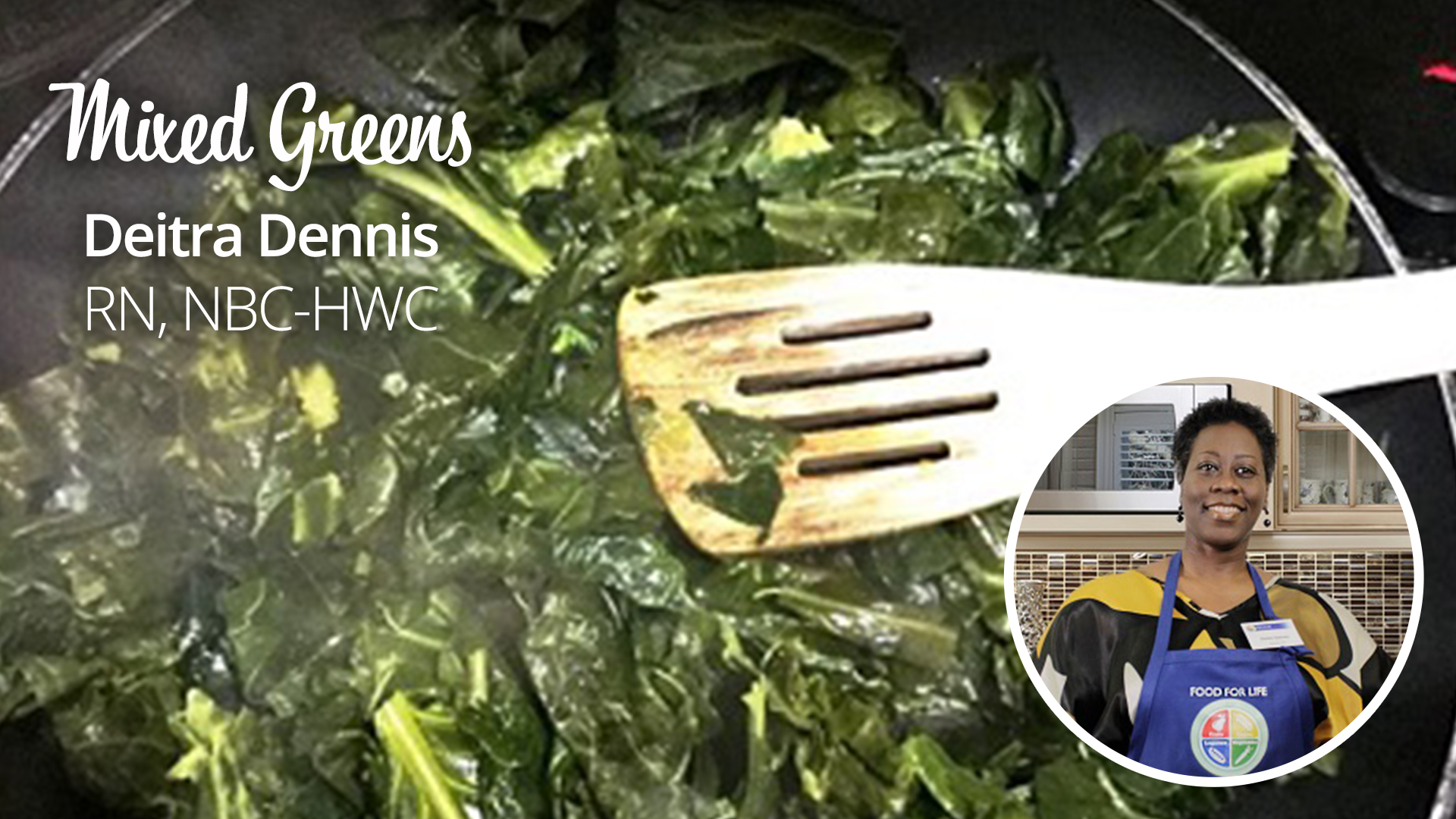
How to Get More Garlic Without Turning Into a Walking Breadstick
| Method | Taste Level | How To | Effectiveness |
|---|---|---|---|
| Raw in salads | INTENSE | Dice one clove, sprinkle over greens | Most potent |
| Cooked in stir-fry | Mild, sweet | Add last minute for more punch | Still good, less bite |
| Supplements | No taste | Follow label, quality varies | Mixed results |
Confession: I make garlic toast at midnight (seriously, best “snack therapy” for my nerves when the bathroom is calling).
Hungry for more? Find deeper insights in can apple cider vinegar and garlic helps prostrate problem.
Apple Cider Vinegar: Hype or Help?
Okay, let’s talk about the sharp, tangy stuff you usually throw in salad dressings. Apple cider vinegar (ACV) doesn’t get nearly enough credit for its power moves in the health world, especially when it comes to inflammation and, believe it or not, libido. Is it magic? No, but let’s be real—sometimes natural tweaks work better than we expect.
The real science? ACV has acetic acid. That helps balance body pH, and there’s chatter about it acting like a gentle detox for your system. Is there an avalanche of double-blind studies directly proving it shrinks prostates? Nope, not yet. But based on ACV’s health benefits, folks using it see ripple effects: steadier blood sugar, less bloating, maybe even a little help with blood pressure—which all adds up if your body’s stressed already.
Here’s what I tried for a couple months last year (warning: it’s… tangy):
- 1 tablespoon ACV
- 1 cup warm water
- Drizzle of honey
Down it once a day, usually before breakfast. Did it save me from every midnight sprint? Nah. But I did notice less bloating and—bonus—my pants fit better. Your mileage may vary, but if you want more, dig in here.
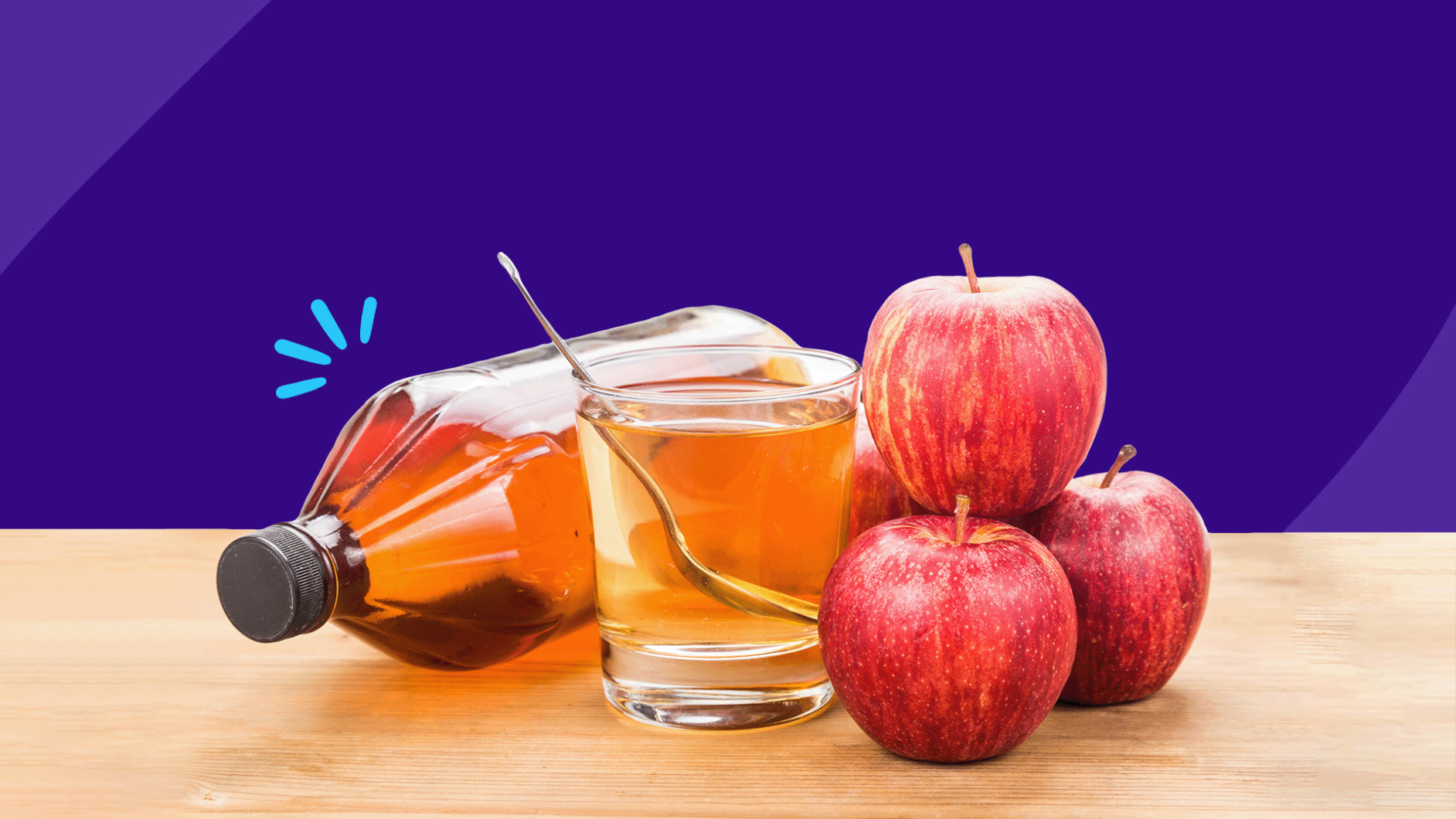
Stacks Well With: Garlic & ACV Combo
Combining garlic and ACV is like a tag team for your insides. The anti-inflammatory hit from garlic paired with ACV’s acidity might clear up some of that lower belly discomfort and help those irritating prostate symptoms chill out. I heard from a reader who swears by ACV “shots” right after his garlicky lunch—he said the midnight bathroom runs dropped back to, well, just one (and hey, that’s a win, right?).
Easy Recipe To Try
| Ingredients | Instructions | Why It Works |
|---|---|---|
| 1 clove garlic, minced 1 tbsp ACV 1 cup water Optional: honey, lemon | Mix well and sip after meals (warning: strong flavor!) | Combines natural anti-inflammatory and gentle alkalizing effect |
Pro tip: Always dilute ACV; straight-up can burn your mouth and throat. (Ouch. I learned this the hard way. Don’t be me.)
Other (Surprising) Food Heroes—and Villains
Now, these “natural remedies” aren’t silver bullets. But ignoring what you eat on the rest of your plate? That can trip you up fast. So what gives—are there sneaky foods making things worse?
Bad Guys to Avoid First
Okay, here’s where it gets real. The usual suspects? Spicy snacks, mega doses of caffeine, processed meats, huge amounts of cheese. All can fire up your bladder or add to overall inflammation. If you’re not sure what counts as trouble, dip into Ten worst foods for prostate health (prepare to side-eye your favorite sandwich meat, sorry!).

Quick-Swap Table: Easy Wins
| Avoid This | Try Instead | Reason |
|---|---|---|
| Cola, Energy drinks | Herbal or green tea | Less bladder irritation, antioxidants |
| Burgers/salami | Grilled salmon or nuts | Fights inflammation |
| Sour candy, citrus overload | Berries | Antioxidants without the acid trigger |
Noticed a pattern? More plants, less processed junk. Think of it as feeding your prostate bodyguards instead of giving ammunition to the troublemakers.
For more sneaky foods to cut, browse Ten worst foods for prostate health.
Beyond Food: Stress, Movement, and Your Mindset
Let’s get real—what you eat is a huge piece, but stress can still knock your efforts off course. That gut-tightening, teeth-clenching vibe? It’s like spam mail for your prostate. So, walk it out. Even a brisk twenty-minute stroll a day does more than you think. Deep breaths, less screen time, finding a way to wind down (guitar hero, anyone?)—all those count.
Don’t ignore sleep, either. The less you toss and turn, the more your body gets to actually repair itself. If your sleep’s shot because of your bladder, then all these food tips become even more important. Circle back to the recipes above—they might help nudge you toward uninterrupted snooze hours. If you find your stress eating game gets out of hand, set a bowl of roasted broccoli or a handful of pumpkin seeds (surprise: both help!) by your TV remote instead of chips—not glamorous, but you’re doing your future self a solid.
No one’s perfect. I’ve reached for kettle corn at 11pm, too…
Your New Game Plan—Gentle, But Serious
No “one size fits all” here. Each body is weird and wonderful in its own way. But adding more garlic and apple cider vinegar? Science says it could help you dodge some symptoms of an enlarged prostate. Just know your own baseline, track what’s changing, and don’t shy away from mixing in extra movement or dropping a few heavy-hitter bad foods.
Sometimes it’s those small, kind-of-boring changes that end up making you feel… well, sort of normal again. Pain-free, bathroom trips on your own terms, sleeping through the night? Worth it. (And let’s be honest, your family might even thank you.)
For the hardcore deep-dive, there’s more advice on can apple cider vinegar and garlic helps prostrate problem.
Wrapping Up: Small Steps, Real Gains
Here’s my “no-expert, just passionate friend” advice: don’t wait for your doctor to start the conversation. Try adding that garlic clove or ACV shot. See what happens in a couple weeks. Notice what (if anything) gets easier, lighter, quieter.
If your body’s giving weird signals, listen up—but don’t panic or freeze. Most of us have much more power over our health than we think. The trick is starting. Even if it’s messy. Even if week one is full of missed days, strange garlic breath, a little too much salad. Worth it, if it means more control and fewer desperate bathroom breaks, don’t you think?
I’d love to hear—have you ever tried any of these tricks? Did you notice a shift? And if something works or doesn’t, share your story. This is how we all learn (and maybe sleep a little better). Whatever road you take, just keep moving forward. You’re not alone. Here’s to more peace, more sleep, and a happier, healthier prostate.

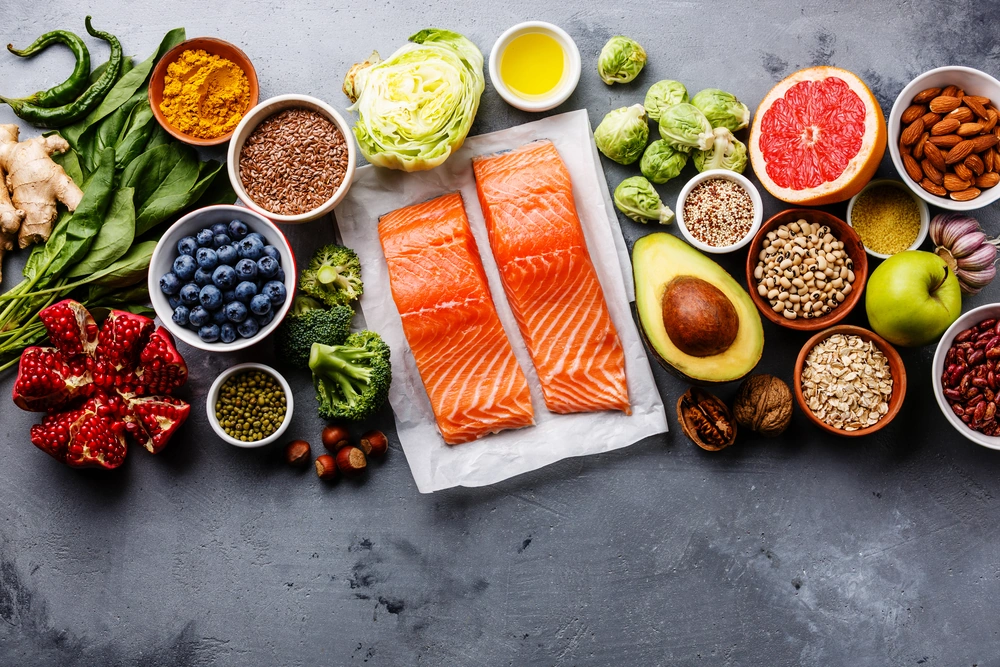
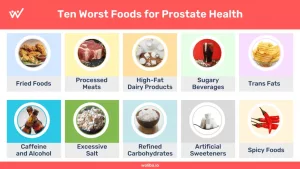
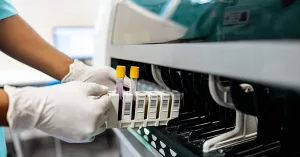
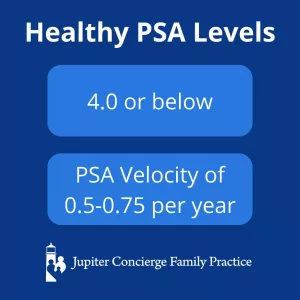
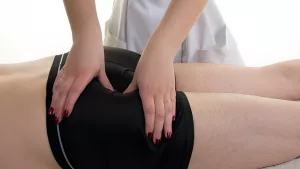
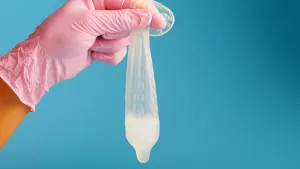
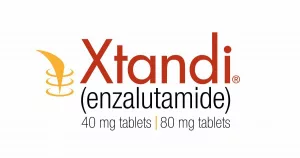
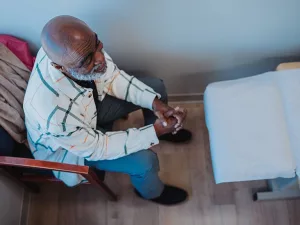
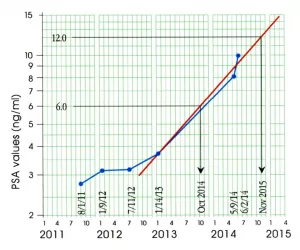


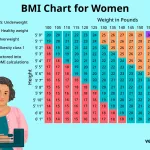
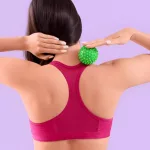
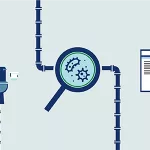
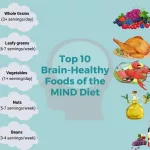
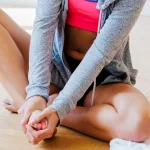
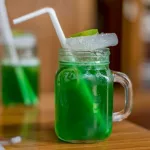
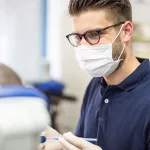
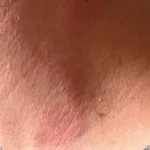

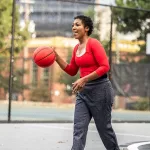
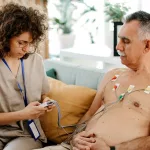
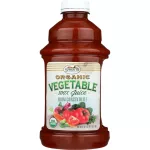
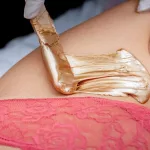
Leave a Reply
You must be logged in to post a comment.